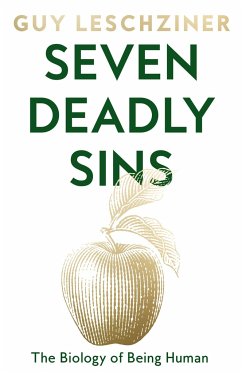
Philosophy and the Sciences of Exercise, Health and Sport
Critical Perspectives on Research Methods
Herausgeber: Mcnamee, Mike
Versandkostenfrei!
Versandfertig in 1-2 Wochen
180,99 €
inkl. MwSt.
Weitere Ausgaben:

PAYBACK Punkte
90 °P sammeln!
This unique text serves notice to sport and health researchers to think philosophically about their subject and its scientific bases. It is essential reading for postgraduate researchers seeking to establish a sound theoretical foundation for their work.
This investigation into the rationale and validity of prevailing research methodologies used in sport, exercise and health science calls on researchers to reflect critically on the nature and aims of scientific enquiry in these disciplines.














